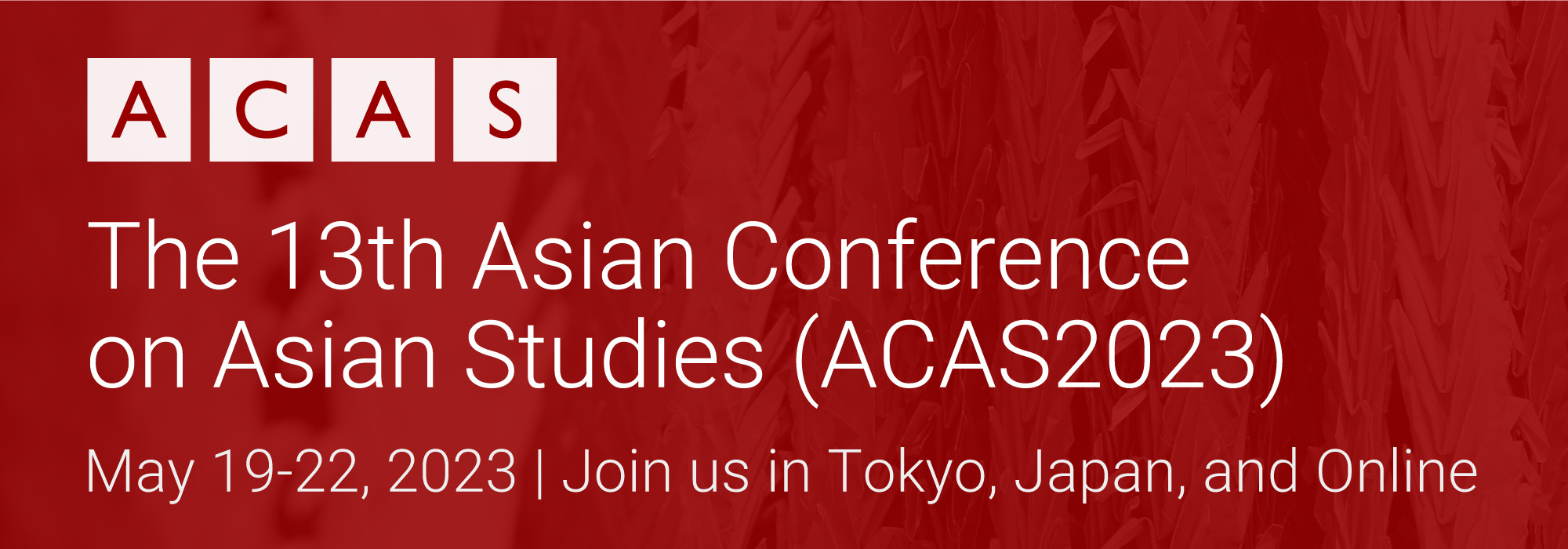Teaching the Notion of ‘Civil Society’ Though Classroom (70970)
Session: On Demand
Room: Virtual Video Presentation
Presentation Type:Virtual Presentation
It has been proved over the past that civically active youth have been a potent force for change. Yet, youth in newly established democratic regimes frequently suffer as a result of their civic participation. In order to help the younger generation select safe chances for their civic involvement, it is necessary to explain the concept of CS critically. The purpose of the study is to examine how can Secondary Teaching Education Programme (STEP) teachers in GBAO, Tajikistan, implement the concept of Civil Society (CS) in the Ethical Pathway to Human Development (EPHD) module. Accomplished through the document, historical, and textbook analysis and interpretation of sources on CS, AKDN, and related topics, the study is a desk-based research based on qualitative research examination of the literature. It looks at the historical development of the concept and determines the possibilities and limitations of using “communal” CS paradigm. Focusing on the communal model used by the Aga Khan Development Network (AKDN), and Aga Khan Foundation (AKF) initiatives, the research suggests socio-cultural opportunities to convey the meaning of CS to youth. Considering the AKF's objectives as an NGO can help students grasp a critical understanding of the term and reflect on the paradigms used in students’ context, however, it also informs about the socio-political limitations of teaching about CS in GBAO that often become barrier to teach about CS. In terms of exposing students to safe civic involvement, the paper underpins the significance of teachers’ subject knowledge, which includes content, pedagogic and curriculum knowledge.
Authors:
Ganjina Shamirova, Institute of Ismaili Studies, United Kingdom
See this presentation on the full schedule – On Demand Schedule





Comments
Powered by WP LinkPress